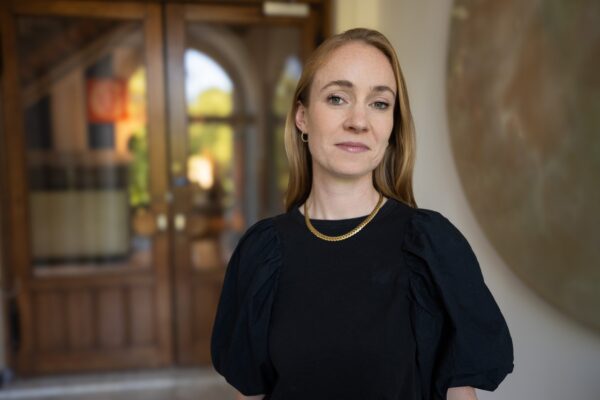If you came to the Netherlands from abroad, you may be in for a few surprises if you get divorced in the Netherlands. It may be that, unbeknownst to you, you are married in community of property. Usually, this only comes to light if you get divorced. This is something I’ve talked about in previous blogs.
This post was reviewed and updated on 15 July 2020
The Hague Convention on Matrimonial Property
The Hague Convention on the law applicable to matrimonial property regimes determines which law applies to your matrimonial property regime, depending on your nationality and your habitual residence (during the marriage). If the Convention stipulates that a particular foreign legal system applies, there are circumstances in which, from a certain point in time, Dutch law will govern your matrimonial property regime – which means that the general community property regime will apply to you.
The basic rule
The basic rule is that the legal system designated by the Convention will apply unless the spouses have chosen a different applicable law. In principle, if either or both spouses change nationality or habitual residence, this does not affect the applicable law. There are a number of exceptions to this basic rule if the spouses have neither specified the applicable law nor made a pre- or post-nuptial agreement.
Exceptions
If both spouses have their habitual residence in the Netherlands at the time of the divorce, Dutch law will apply instead of the relevant foreign law:
(1) from the time at which Dutch nationals take up residence in the Netherlands (remigration);
(2) from the time at which both spouses have Dutch nationality (naturalisation);
(3) from the time at which the spouses have lived for more than ten years in the Netherlands following their marriage (integration);
(4) from the time at which Dutch nationals who, initially, had no first common matrimonial domicile take up residence in the Netherlands.
It would take too long to explain all of these exceptions in detail here. I advise you to check whether one of the above exceptions could apply to you. Even if you and your spouse have foreign nationality and only came to the Netherlands many years after having got married, Dutch law may still apply if you have lived here for 10 years.
Implications
From the time at which one of these exceptions arises, the applicable matrimonial property law automatically changes. The law applicable until that point in time is replaced by Dutch law. Such changes to the applicable law are only effective for the future – which means the matrimonial property regime may be governed by different legal systems. This is also referred to as the “wagon system”, and it further complicates matters. You can avoid this by making a pre- or post-nuptial agreement and/or choosing an applicable law.
If you have any questions about The Hague Convention on Matrimonial Property and what it means for you, please feel free to contact me.

